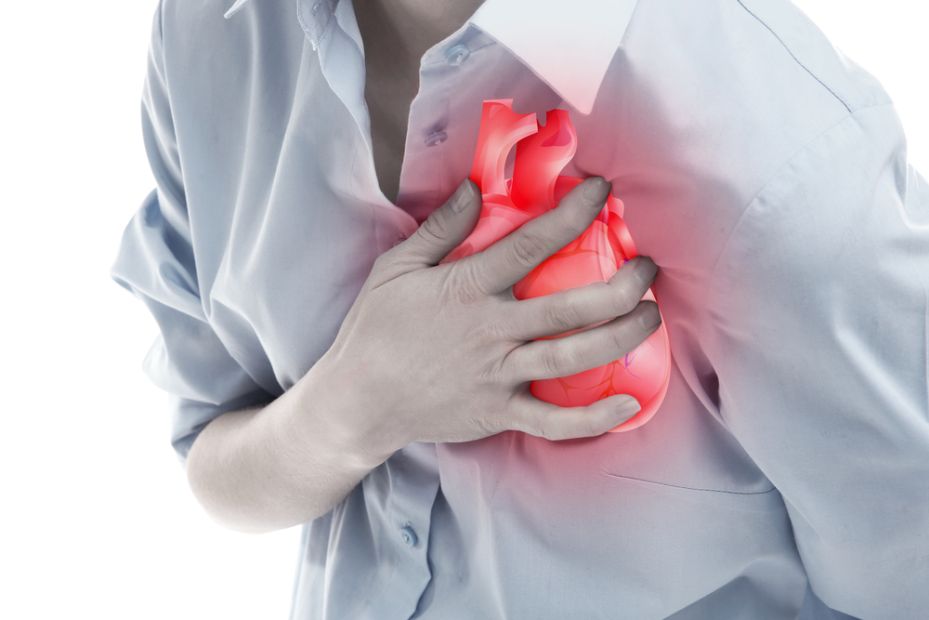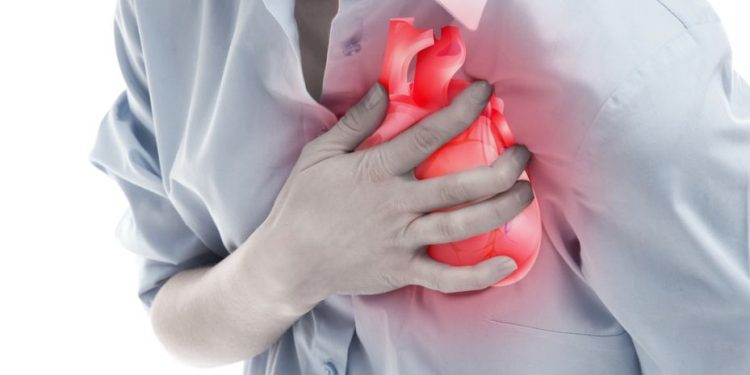A heart attack is a medical emergency that can be life-threatening. It occurs when blood supply to the heart is blocked. Without blood, the heart muscle will die. If you have a heart attack, call 911 immediately and get to a hospital as soon as possible for treatment.
Symptoms vary from person to person, but they typically include chest pain or pressure that doesn’t go away with rest. Other symptoms may include shortness of breath, weakness or extreme tiredness. In some cases, a person may break out in a cold sweat or become dizzy.
While chest pain or discomfort is the most common symptom, some people have no signs of heart disease. In those cases, it is important to get a thorough physical exam and test for other risk factors, such as high blood pressure or diabetes.
Unstable angina: One of several acute coronary syndromes, unstable angina is a warning sign of a potential heart attack that may come as a surprise to the person experiencing it. This symptom may appear while you are asleep or resting, and can occur with minimal physical activity or after exercise.

Angina and other heart attacks:
A coronary artery blockage can occur as a result of a buildup of plaque on the inside of the arteries (atherosclerosis). Plaque can form when fat or cholesterol builds up on the walls of the arteries. Over time, plaque can become thick and narrow, blocking the arteries and reducing blood flow. A coronary artery blockage can be caused by anything from smoking, excessive alcohol use and high cholesterol levels to obesity or genetics.
If you have a heart attack, it is vital to stay calm and follow the instructions of an EMS worker. These workers are trained to revive someone who is in cardiac arrest and transport them to the hospital for quick care.
They also can use an automated external defibrillator (AED) to shock a person’s heart into starting a new rhythm, which may restart their heart. A defibrillator is available in most public places and can be used by anyone, even if they are not a medical professional.
Take aspirin: Aspirin slows the clotting process and minimizes the size of blood clots that can form during a heart attack. It is usually prescribed as a daily medication to reduce the risk of heart disease and strokes.
Eat healthy:
A heart attack can be prevented if you eat a diet that includes foods that are good for your heart. These include whole grains, vegetables, fruits, lean protein and low-fat dairy products. Avoid fatty, fried or processed meats and sweetened drinks.
Don’t smoke:
Smoking increases the risk of a heart attack by increasing blood pressure and making it more difficult for your heart to pump oxygenated blood around your body. Stopping smoking immediately can help prevent a heart attack.
Drink lots of water:
The American Heart Association recommends that you drink at least 8 glasses a day of pure, clean drinking water. A glass of water after each meal can help hydrate your body, and a large glass after you exercise can help to replenish lost fluids.









